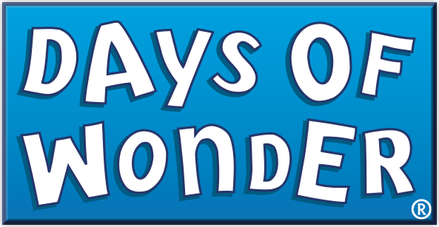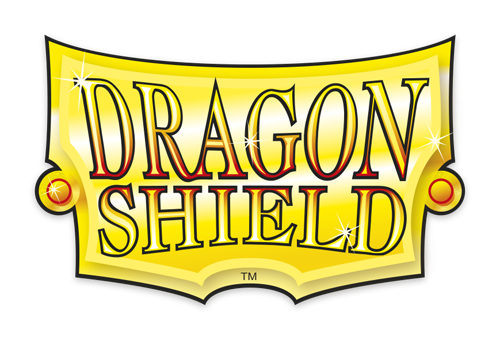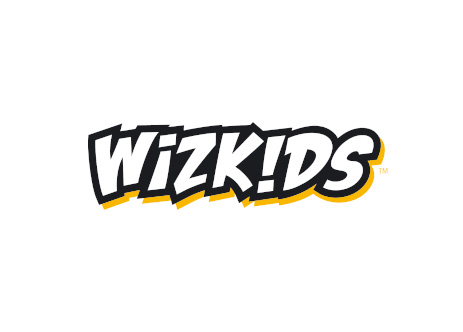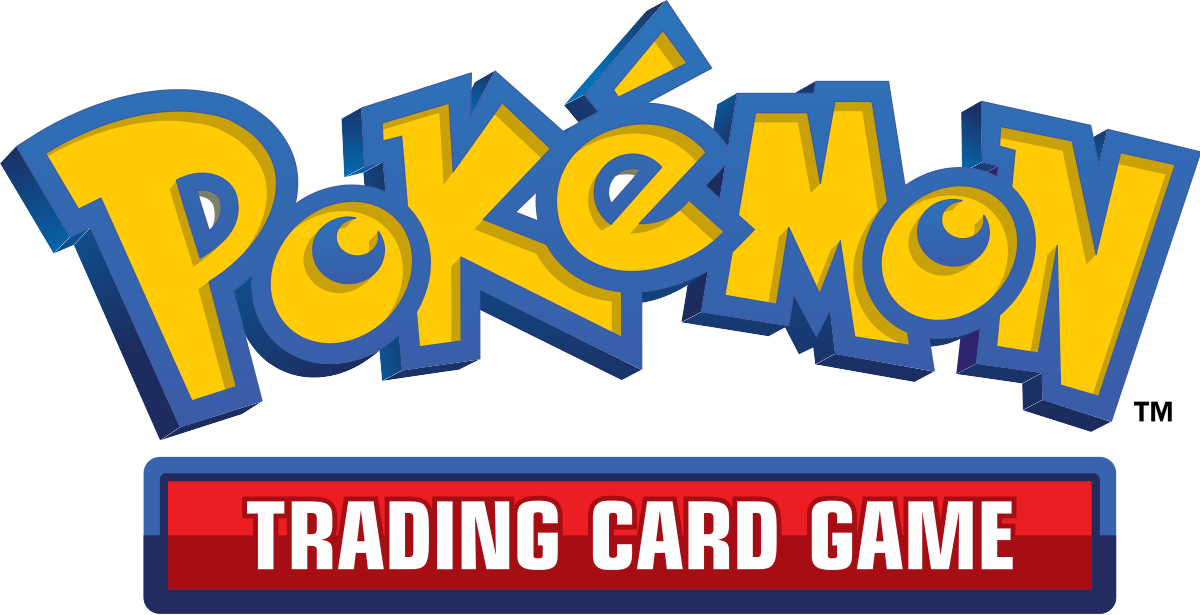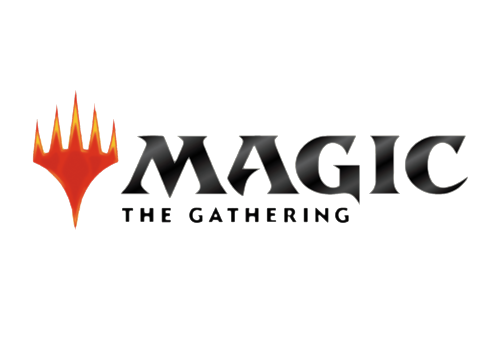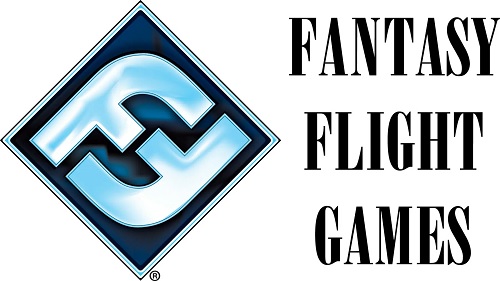Since my first steps into the fabulous world of game design, I have had an obsession with doing a co-operative drafting game. Drafting is for me a very attractive game system as it is an easy way to create interaction between players. If it could serve for a co-operative relationship, I was quite convinced that it would give something refined, full of tasty dilemmas.
My very first game, Kréo, basically worked with a draft system to which I was very attached for a long time until I understood it was detrimental for the game — but it was only a postponement. After abandoning this system for Kréo, I quickly started to work on a new prototype idea proposing a co-operative drafting system that a few years later would result in Precognition.
The initial thematic idea was based on an anthill that each player had in front of them. The goal was to collect as much food as possible to feed their ants. The game has been called “Anthills” (English term) for a long time.
Very quickly, a rather special drafting mechanism came to me and has remained in the final version of the published game. This mechanism I first called a “double band draft”, but now we want to give it a name that may be a little too grandiloquent but which allows one to focus on its originality and to understand it well, I think. This name: The Dual Select System.
Basically these two titles define the same thing: Selecting two cards — one for yourself and one for your neighbor — during a round and preparing for what you might be given the next round. Based on that, I had my main mechanism that nurtures the relationship between players.
But how did this idea come to me?
It was the theme of ants that gave me this element of the game. Ants locate food and, thanks to their pheromones, tell other ants where to find it. In this way, ants are able to collect the food later on to feed the anthill.
Therefore, when passing the cards to the next player, they must choose among the “pheromone” cards the one they want to give. Once this mechanism was found, the game had to be dressed around the theme of ants. Find stakes to select this card rather than the other. Value the way of anticipating what the neighbor player was going to give us.
For this last point, I told myself that the two cards selected each round had to more or less associate with each other, so if we anticipated well, they would have bonus effects together.
At first, to get this bonus effect, you had to get a specific value by adding up the two cards’ costs, but this addition of values was quite artificial and gave the game a repetitive nature. I decided to change this point by creating different types of food. They would not all work the same way and would give players a greater interest in taking this card rather than that card.
With ants, diversity was quite easy to find because of their great variety: We were going to collect seeds, cultivate mushrooms, and breed aphids.
Regarding the double draft system, I went through different stages to force players to choose this or that type of card so that anticipation was not too difficult.
At first, some cards were in red, indicating that they were “pheromoned” and that it was necessary to give priority among them.
Later, I removed the permanent nature of the “pheromoned” cards. In this new system, it was the position of the cards relative to a central card in a player’s hand that told whether they were “pheromoned” or not. At the end of each turn, before passing cards to their neighbor, everyone could move a card in their hand and thus change their nature.
It was with this prototype under my arm that I went to Monsieur Bruno Faidutti‘s Ludopathique Gathering in 2018. I was invited there for the second time, but I was this time accompanied by my second son, who was homeschooling this year.
During this stay, I took quite a bit of time to discuss and play with the Ludonaute team and in particular with Cédric Lefebvre, whom I had known vaguely for a few years via the Valencia games festival where I had introduced him to Kréo. (That game again!)
We played a first game at the beginning of the event and played it again twice the following two days. Cédric was immediately very intrigued by this card-selection mechanism. I naturally gave him the prototype so that he could make up his mind with a clear head, and we parted on that.
A few weeks later, the Paris est Ludique! festival was held, and we obviously met to discuss the possible follow-up. During this meeting, Cédric told me he was interested in doing the game with me, but he wanted to change the theme. According to him (and probably rightly I think today), the theme of ants was not the most appropriate to make a game of anticipation combined with demanding manipulation.
Moreover, the work from the designers of a few recent games had not been sustained enough, so he was looking for game designers willing to work on their projects for a long time — especially since, according to him, there was still a lot of work to do on my game.
For my part, I needed to sign the game in order to build a solid partnership with a publisher. I did not want to take the risk that the development I was going to do would be in vain if it ever came to be aborted. I completely shared Cédric’s point of view on the enormous work that remained to be done, especially if we changed the theme!
We listened to each other well and given the obvious desire to work together, the contract was signed in October 2018.
The first thing we talked about again was the new theme, but from our first discussions, we had a common vision. With this anticipation draft mechanism, we immediately said to ourselves that it was a question of knowing the future, of showing precognition.
It is therefore quite natural that we switched to a futuristic universe. As each player has to build a small world on their board, to make it bigger, we naturally thought of a post-apocalyptic universe in which we had to save as many humans as possible. Humans have been nearly wiped out by a major bane, and the survivors must protect themselves, feed themselves, and survive. Both fed by the extraordinary universe of Nausicaä of the Valley of the Wind, we also wanted the game to be tinged with hope despite this rather dark theme.
For my part, I am very attached to offering games that invite us to imagine positive worlds or at least worlds where there is hope. I find that all too often dark, negative, or cynical things take center stage through news, cinematographic works, or even gossip. It is an intellectual posture to which I am attached to try to see what is beautiful or good. It may be naive for many, but it is quite vital for me. This is how the Ymunes appeared, our mutant fish men who, through their power of precognition, decided in a completely altruistic way to save humans from this devastated world.
The universe, the décor were planted. It now remained to develop the mechanisms to gain fluidity, strategy, and balance.
One of the problems of drafting, if we want to play it well, is to memorize the cards that we see passing in order to anticipate what the other players might want to play or even what might come back to us. This was all the more true for our system, which involved anticipating what our neighbor was going to give us each round.
Memorizing cards is a demanding and quite divisive exercise for players, especially when the game features other interlocking mechanisms, so we decided fairly quickly to place the cards that could be given to the neighbor face up.
Moreover, the two cards played could “combo” in many ways. We really wanted to have a lot of variety of associations, but we realized that it was too demanding for the players. It was necessary to remember which card combos with which card. The number of possible moves were too high, and the players preferred not to think too much and instead follow their intuition. The feel of the game was not good.
So we decided to simplify it by systematizing the combo of cards only if they are of the same color. To build the framework of the game, we got back to the four main categories of cards from the “Anthills” prototype, namely:
• Ants that we had to make prosper became humans who we had to save
• Food remained food (even if it was greatly simplified)
• Protections of the anthill became Ymunes
• Anthill expansions (development cards) became engine rooms that needed collected batteries to activate them
The Ymunes that thematically were more and more important naturally took on more weight mechanically when we decided to assign them to two different possible tasks. By simplifying the food system, we could make the Ymune system a bit more complex. This is how they became, at the choice of the players, doctors or protectors.
The engine rooms took up a lot of our time. We wanted to offer diversity through it, the desire to play differently from one game to another. I remember an enthusiastic discussion in Cédric’s swimming pool where we had gone so far in the story that we had almost forgotten that we were designing a game!
We have therefore developed 12×3 machine rooms in order to be able to choose two of three when playing with four players — but all of these rooms had to be balanced! Dozens and dozens of live games followed, quite a bit online also on Tabletop Simulator (as required by Covid) to adjust it all.
And then at the end of development, we realized that all the different effects of the rooms were quite hard to assimilate, possibly at the expense of understanding the general mechanisms of the game, namely the card-selection system, so we decided to standardize the rooms for the first games and leave on the back the variety that we had developed and that we always enjoy playing for the experts.
At that point of development, while we were trying to balance the whole thing, Cédric introduced me to board game illustrator Sébastien Caiveau to find out whether it might be suitable for us to work with him.
I really like his illustrations in general and on this game in particular. The cover of the box works particularly well in my opinion. I also thank my brother, also an illustrator, for his feedback on the dynamics of this cover. I still allowed myself a comment on Sébastien’s illustrations: I wanted our Ymune heroes to smile. For me, these very wise characters had to be benevolent. Sébastien heard me last Cannes Festival to modify this last point. I thank him.
With all that, the game was starting to look really good. We had an innovative game system that was not easy to handle but refined enough to want to dive into it.
The game was played very well competitively and was tasty as a team, and the system lent itself very well to co-operative play. On the other hand, this last mode, which was the basis of the process, was a little flat and springless. We had to find more stakes throughout the game, a feeling of having to understand each other well to make it out.
This is why we set up these objective tiles to be achieved at the end of each season, which sometimes consider every player, sometimes only one. With these tiles, each player has been made to look even more closely at other players’ boards to see who is taking care of which objectives.
Thanks to this latest addition, Precognition has finally become after six years of development my first co-operative card-drafting game. My crazy whim has been indulged.
However, I realize that this obsession persists, and that you are not immune to a new game of co-operative drafting!
To conclude, I will say that through the creation of this game, I met Cédric and Anne-Cé with whom I had a great time working and relaxing. A big THANK YOU to them for their patience, their work, their kindness, their intelligence of heart!
